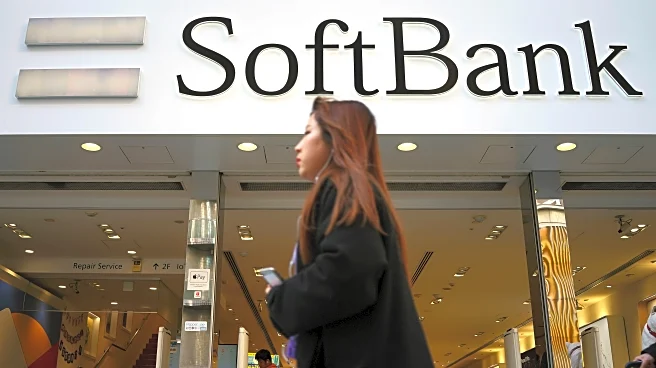What's Happening?
Several African countries are shifting towards self-financed development models, utilizing their own resources to fund national projects. Ghana has announced a $10 billion initiative funded through mineral royalties and oil revenues, while Burkina Faso is leveraging its gold resources for a $12.4 billion development plan. Rwanda focuses on infrastructure and human capital, and Uganda is balancing domestic borrowing with development goals. Nigeria is leading regional energy initiatives to unify oil regulations across Africa.
Why It's Important?
This shift towards self-financed development is crucial for African nations as it reduces dependency on external aid and loans. By harnessing domestic resources, countries can achieve sustainable growth and assert their sovereignty. This approach also encourages better resource management and investment in human capital and infrastructure, which are essential for long-term economic transformation. The movement highlights the potential for African nations to drive their own development agendas and foster regional cooperation.
What's Next?
African countries are expected to continue mobilizing domestic resources and implementing governance reforms to enhance economic transformation. The African Development Bank emphasizes the need for stronger domestic resource mobilization and proper resource management. As more countries adopt self-financed models, there may be increased collaboration and investment in regional initiatives, such as the African Petroleum Regulators Forum led by Nigeria. This could lead to a more integrated and transparent energy market across the continent.











